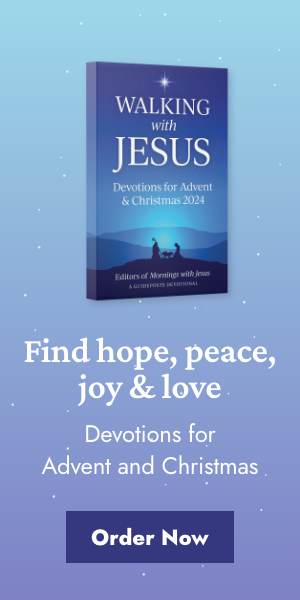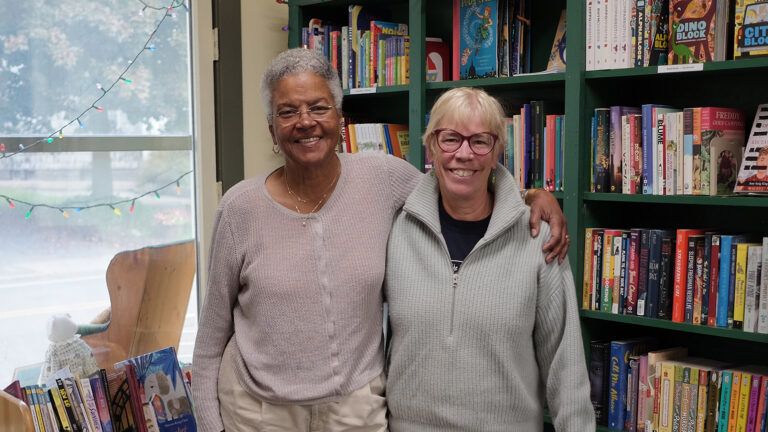Yesterday, I worked from home so I could concentrate on an incredibly fun and poignant book we’re releasing next year.
It’s about a church-going soccer mom, who, having survived breast cancer, decided it was time to finally do what she’s always wanted with her life, and became a Private Investigator (a la Nancy Drew).
It’s a sweet and inspiring story about turning your life around and living richly and enjoying every moment, and it’s also really funny and well-written. I’m very excited about it—I think it’s going to be a great book.
But this wasn’t the first draft of the book I’ve read, and I know that the story ends in a rather unexpected way, so as I was working, I couldn’t help reading everything through the lens of how it all ends.
Every moment in the book was infused with a meaning that someone reading the story for the first time wouldn’t get, and it got me thinking about how knowing what happens at the end changes how we think about what comes before.
Actually, this musing started when I saw a trailer for the movie The Time Traveler’s Wife, based on Audrey Niffinegger’s bestselling novel, earlier this week. I loved this book; everyone I know loved this book. As I was watching the trailer, I was tearing up, anticipating what I knew was coming. But then I started wondering: What would I think of this trailer if I hadn’t read the book? What if I didn’t know how it all ends?
I realized I would probably just see the movie as one big sappy love story, because if you don’t know the arc of the story, that’s kind of what it looks like. It was only knowing what happens in the last few pages of the book that made me so excited about what was to come.
I wonder if that’s the mark of a well-told story: that the end changes everything that comes before it. Either way, it has some pretty big implications for how I want to think about my life. If I knew the end of my own story, how would it affect what I do today?
Beth Adams is the creator and editor of GUIDEPOSTS’ Home to Heather Creek fiction series.



